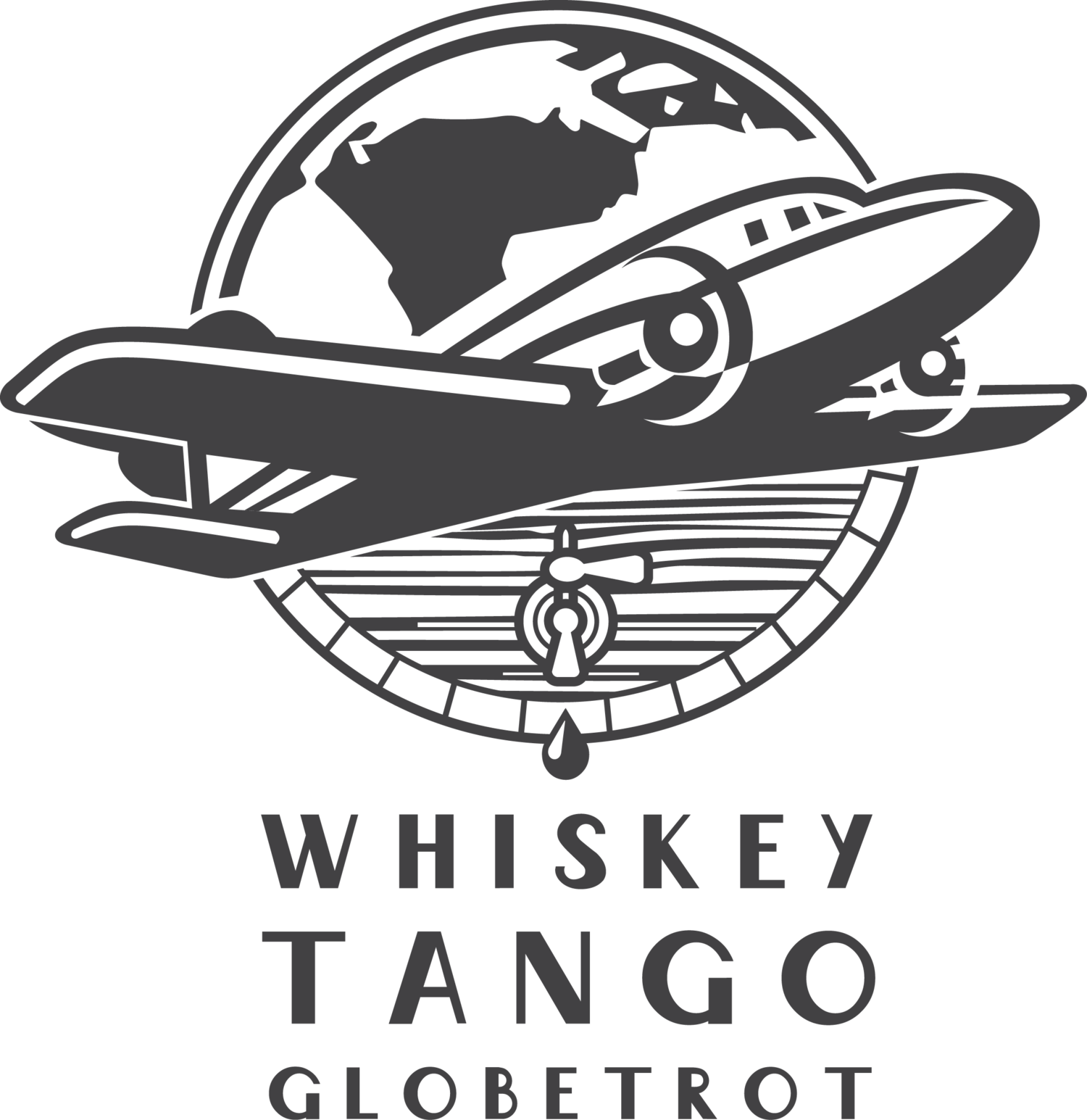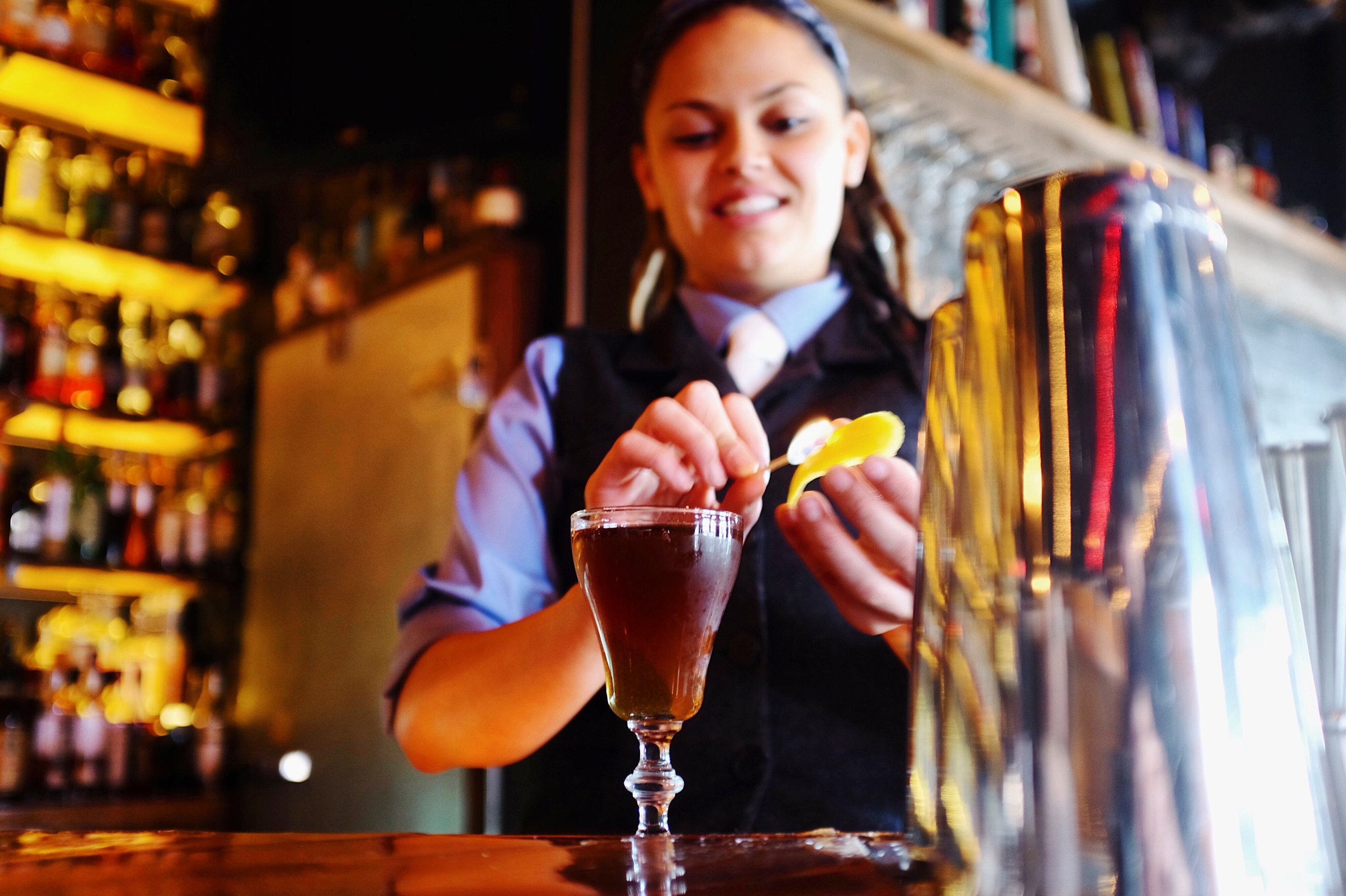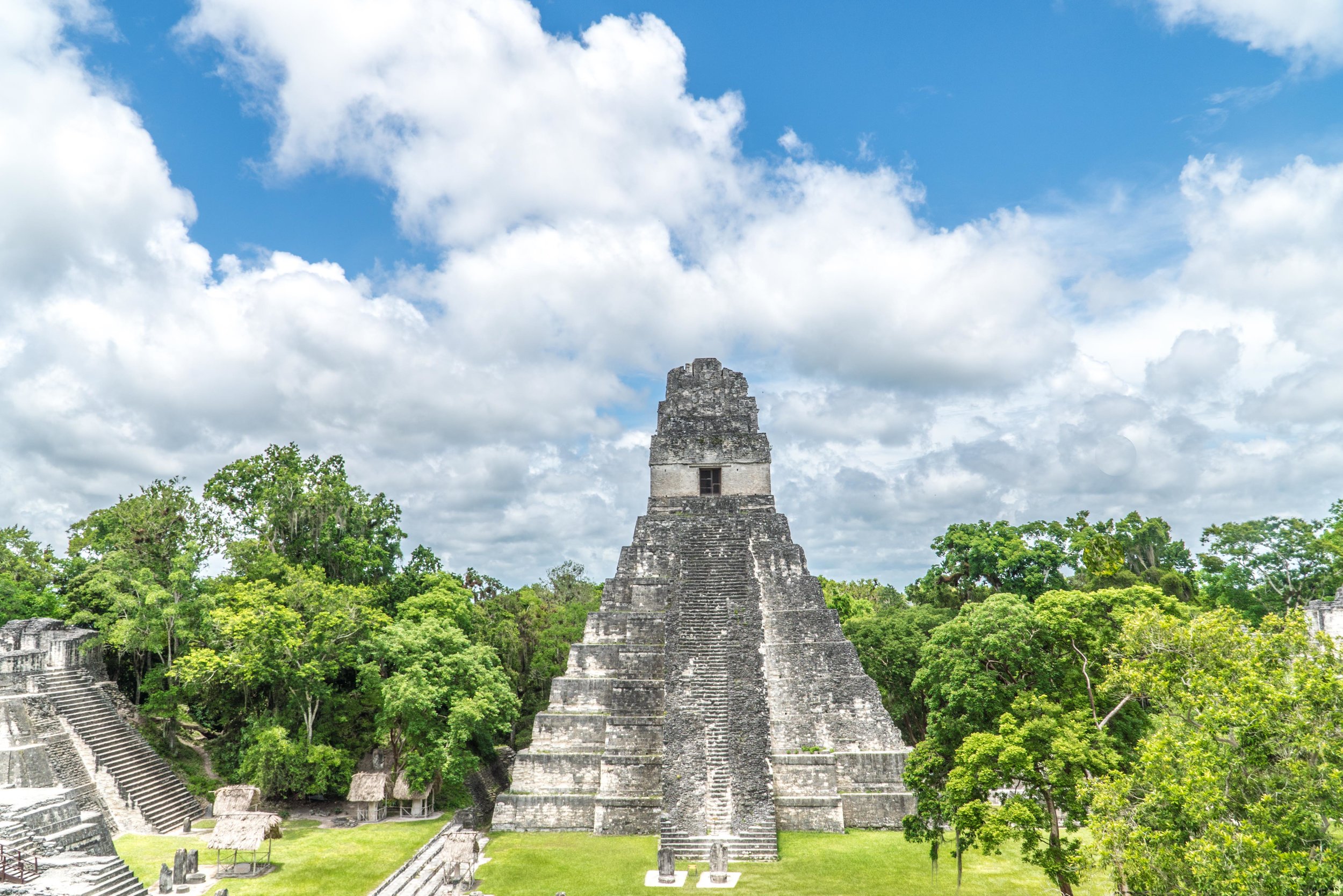Discovery and Finding Home in Unlikely Places
Three months ago this past week, I ripped up the roots I had made in L.A., and went off-route, moving to Reno. Yes, that one, Reno, Nevada. The Reno that to some is perhaps the red-headed stepchild to Las Vegas, and to many others, the location of Reno 9-1-1 (SPOILER: Reno 9-1-1 was shot in Los Angeles). Did I get relocated for work? Nope, I can work anywhere I have an Internet connection. Did I follow love to Reno? Negative, Ghost Rider. Did I fall on my head one too many times snowboarding? No, this was my own doing. Nearly half a lifetime ago, when I was 17 and about to enter my last year of high school, my parents and I took what my father referred to as my senior trip. 3 weeks, 6,000 miles (an average of several hundred miles per day), and nearly 25 states with my mom and dad. Not exactly most teenagers’ idea of a “senior trip.”
But during the last leg of the trip, on the way to the Grand Canyon, I was peering out the window (probably because my Game Boy batteries were dead) when I saw a mileage sign, advertising the Nevada border in less than an hour. With a knee-jerk reaction, I reached for my father’s meticulously detailed itinerary (yes, a printed out itinerary) and map. I scanned every inch of the map and itinerary, looking for any mention of Nevada. “Uhm, dad, I don’t see anything on here about Nevada.” My dad cleared his throat, “Right; that’s because we’re not going.” I wasn't satisfied. "Dad, so we're going to travel hours out of the way to go see petroglyphs, but not another 50 miles to see the most mountainous state in America?" Evidently, my father’s stubborn traits were passed onto me, because I wasn’t going to relent until we were in Nevada.
An hour later and I was taking a photo of both of my parents (the only photo I can find of both of my parents together from that trip) in front of Mesquite’s “Welcome to Nevada” sign, characterized by an old miner sitting on a mountain slope overlooking the Nevada mountains at sunset.
We got back in the car and buckled up, when I expected us to pull a u-ey and continue onto the Grand Canyon. But we kept going, driving well into Nevada. My father later wrote that there was a certain “nothingness, both to the landscape and population density,” that he hadn’t experienced in the lower 48. It ended up being one of the most memorable parts of the trip for my father.
After a trip like that, you either never leave home again, or you’re always leaving home. The latter was the case for me. 1 year later, I left home, and never returned, and haven’t stayed in any one place for more than a couple years since. Western North Carolina, South Africa, Upstate South Carolina, the North Pacific of Costa Rica, San Francisco, Western Europe, Seattle, Los Angeles, and now, Reno.
I recently wrote about the “aesthetic of lostness” when traveling. That is, that true discovery, of the self, world, and others, is never down in any map or itinerary. It happens when we lose ourselves in a destination. So if it’s that much a by-product of a short-term leisure activity, such as traveling, how much more can it be a by-product of something more permanent, such as our home and day-to-day life?
One of my favorite philosophers, Roman stoic Lucius Annaeus Seneca (known to most as simply Seneca), once said, “Travel and change of place impart new vigor to the mind.” Not just travel imparts new vigor, but travel and change of place imparts new vigor. Self-discovery and vigor isn’t going to come from taking the same route home from work every day, taking the same vacation to the same place, and keeping the same weekend routine (as nice as that would be).
I love how Donald Miller in A Million Miles in a Thousand Years puts it when he says, “Nobody cries at the end of a movie about a guy who wants a Volvo. But we spend years actually living those stories, and expect our lives to be meaningful. The truth is, if what we choose to do with our lives won't make a story meaningful, it won’t make a life meaningful either.” If you want an answer to the question of why I’ve kept moving around, and in this case, moved to Reno, it’s because I want my life to have meaning.
For all the “nothingness” to Nevada, as my Dad called it, there’s a “somethingness” to it, especially in and around Reno. I've been fortunate enough to travel all around the world, yet there's something to Reno, that I can't quite put my finger on, that makes me gravitate to it more than anywhere else in the world. Alright, so perhaps Lake Tahoe (who Nevada has joint-custody of with California), the largest alpine lake in North America, helps contribute to that, with its blue-tinted waters and crystal-clear coves like you’d expect in the Caribbean. Oh, and the 14 ski resorts that surround the lake.
Yet beyond Lake Tahoe, in Reno, there’s a beauty that’s more than meets the eye. Driving through Reno, what likely catches your eye are the neon-lit casinos in downtown Reno, perhaps drawing comparisons for you to a mini Vegas. Get down to the street level, however, and amidst the neon lights you’ll find things like the tallest rock climbing wall in the world, located on the exterior of Whitney Peak Hotel (pictured below, from Whitney Peak Hotel), a non-gaming boutique hotel. Just a couple blocks down is Truckee River Whitewater Park, a whitewater park that flows through downtown Reno, featuring Class II and III rapids.
Just on the other side of the Truckee River Whitewater Park is The Basement, an adaptive reuse space (think a small-scale Chelsea Market) in the basement of the 1933 U.S. Post Office with 15 tenants that include a DIY salad bar, chocolate maker, juice shop, coffee shop, and boutique clothing and apparel companies. Above it, West Elm, which just opened a few weeks ago, making it the first major retailer to come to downtown Reno in three decades. And just across the street, Patagonia opens their 17,000-square-foot outlet in a few weeks.
Elsewhere, Tesla is opening their Gigafactory just outside of Reno, and as a result, providing thousands of jobs to Northern Nevada, and Flirtey, a Reno-based company, is the first approved drone delivery service in the U.S., beating out the likes of Google and Amazon.
But get further down to the ground level, and the beauty of Reno is in the people. It’s the Reno native who moved back from New York City to design and start several businesses (including The Basement), it’s the father of two who by day works in tech and by night is a partner in several local brewpubs and breweries, it’s the chef who moved back to Reno to start a Livorno restaurant after a couple decades of cooking and owning restaurants in Tuscany, it's the Jersey pizza maker who opened a Reno pizzeria to employ those with developmental disabilities, and it’s the college friends from the University of Nevada, Reno, who opened a brewery-distillery-restaurant combo in a 100-year-old train depot.
Is Reno the next Austin, Portland, or Brooklyn? Absolutely not. Sure, it has elements, like the hip coffee shops, organic food spots, co-working spaces, and burgeoning start-up scene. But the very things that make up the thread of Reno, such as gaming, vintage motels, and outdoor adventure accessibility, are unique to Reno. Tell me where in the world you can climb a multi-story rock climbing wall on the side of a boutique hotel, before going downstairs for a farm-to-table meal, and then walk across the street to roll dice on the craps table? The old meets the new to make the Old Reno the New Reno. Reno is a land of opportunity, where opportunity is actually possible.
Uprooting my life from L.A. and moving to Reno wasn’t without internal conflict. The couple of years prior had seen me living in Los Angeles, the first part in West Hollywood, and the last part of it in Venice, making it the longest I had stayed in the same place my entire adult life. It’s where I spent my holidays, it’s where I had friends who were family to me, it was where I had seen my greatest successes, and where I had many of my fondest memories. No place had left such a mark on me, nor had one left me with such a sense of home, comfort, and routine. And because of that, I had to leave.
Los Angeles is a place where you can make your mark. But while trying to make my mark on Los Angeles, it was Los Angeles that made its mark on me. It accelerated my life, growth, and future like nowhere I’d lived before, gifting me with opportunities, skills, and relationships that I could have like nowhere before. But I didn’t simply want a place where I could make a mark, but a place I could leave a mark. Reno is that kind of place.
Donald Miller goes onto say in A Million Miles in a Thousand Years, “A story is based on what people think is important, so when we live a story, we are telling people around us what we think is important.” I used to think that even just telling people that I lived in L.A. was important, and made me self-important, as if it gave me some type of status. But the story of the LAs and NYCs around the world has been told, especially when they have the accessibility to the big screen, TV, celeb social media accounts, and other publishing platforms like they do.
But when someone like Amy Schumer comes to Reno and calls it a dump (when asked in an interview, "What's the worst place you could imagine spending a weekend?"), and can’t pronounce Nevada correctly, then there’s a greater story to be told. And even by living in Reno of my own volition, I’m not just saying that Reno is important, but I’m saying that it’s as important as anywhere else in America. It has a story worth telling, and I want to tell it. If not by my words, then by my photos, and if not by my photos, then in how and why I conduct my life and work.
Finally, Donald Miller says, “It wasn't necessary to win for the story to be great, it was only necessary to sacrifice everything.” When I moved from L.A., I gave up friends who were like family, opportunities that I could only have in L.A., a great home, and more importantly, a sense of home that I’ve never had. If in doing so, I get to be a part of something bigger than myself, and tell the story of Reno, while making my mark on a place like nowhere else that I’ve lived, than it’s all worth it. That’s the kind of world I want to live in. That’s the kind of story I want to write, both for a place, and myself.
Alright, so perhaps it helps that I’ve found both my taco and sushi joint. And, there's no traffic and ample free parking. I think I’ll stick around a while.


















